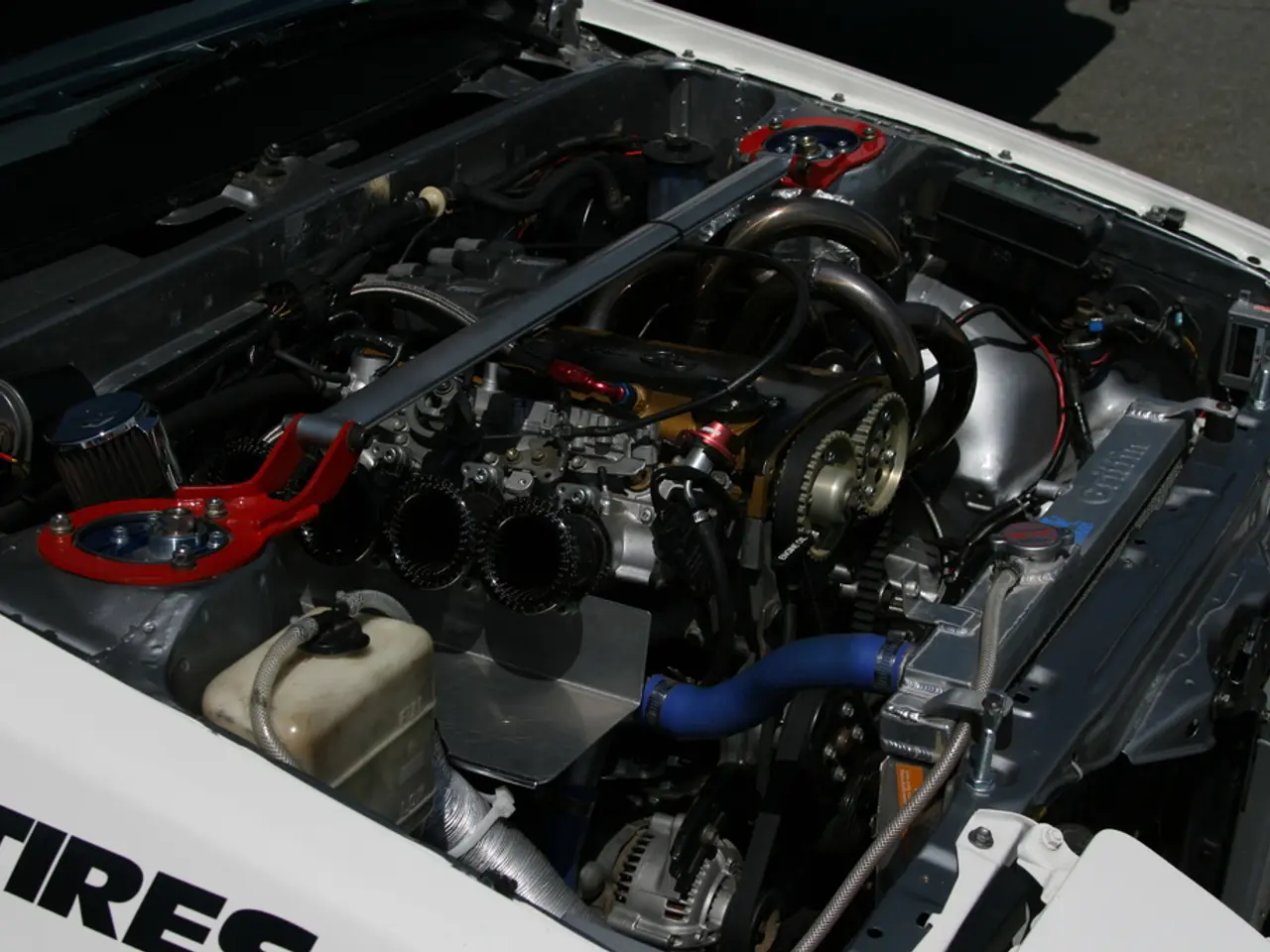Energy Minister of Malawi, Ibrahim Matola, heads Malawian delegation for a knowledge exchange on BESS (Battery Energy Storage Systems), a trip held in India. This exchange is backed by the Global Energy African Partnership Program (GEAPP).
India's partnership with Malawi in the field of energy transition and sustainable development is gaining momentum. Since the Climate Change Conference 2026 (COP26), India has pledged support to Malawi through various projects under the International Solar Alliance (ISA) and battery energy storage initiatives, with backing from the Global Energy Alliance for People and Planet (GEAPP).
During a recent visit to India, Honourable Ibrahim Imed Matola, Minister of Energy, Government of Malawi, met with Shri Pralhad Joshi, Cabinet Minister for New and Renewable Energy, Government of India. The discussions focused on clean energy partnerships, grid modernisation, and regional challenges for energy access and transition to low-carbon technologies.
One of the key projects is Malawi's 20 MW BESS project, which GEAPP is supporting in collaboration with the Electricity Supply Corporation of Malawi (ESCOM). The BESS, located at BSES Rajdhani Power Limited's Kilokari sub-station in Delhi, is South Asia's largest and India's first standalone utility-scale BESS. Minister Matola visited the facility to learn about India's experience with battery storage deployment and digital grid solutions.
The Malawi government is seeking to adopt India's expertise in battery storage, digital grid solutions, and policy design for its urban energy reforms. GEAPP's Digitalization of Utilities for Energy Transition (DUET) program in India aims to co-create, co-design, and deploy tailored systems to support Indian distribution companies. This program could provide valuable insights for Malawi's energy sector.
GEAPP's mission is to enable Low- and Middle-Income Countries (LMICs) to shift to a clean energy, pro-growth model. The alliance works with philanthropic partners, including the IKEA Foundation, The Rockefeller Foundation, and Bezos Earth Fund, to build the enabling environment, capacity, and market conditions for private sector solutions. Malawi is one of the signatories of the BESS Consortium led by GEAPP, which aims to deploy and scale BESS in LMICs.
In addition, India is strategically strengthening partnerships with African nations, including Malawi, to secure critical minerals and rare earth elements essential for manufacturing batteries and renewable energy infrastructure. This includes cooperation agreements focusing on mining, processing, and value addition of such minerals. These agreements extend beyond resource extraction to include knowledge exchange and infrastructure development, which are vital for the local production of battery components and digital grid technologies.
These combined efforts reflect a growing India-Malawi partnership aimed at enabling Malawi’s sustainable development and energy transition goals through technology, resource collaboration, and global south cooperation. The alliance aims to reduce four gigatons of future carbon emissions, expand clean energy access to one billion people, and enable 150 million new jobs. India's initiatives like the Production Linked Incentive (PLI) schemes and rare earth permanent magnet production underpin its efforts to support domestic and international clean energy supply chains, indirectly benefitting partners like Malawi through technology and resource collaboration.
In conclusion, India's collaboration with Malawi encompasses joint projects under the ISA and battery energy storage programs, support for diversifying Malawi’s renewable energy resources, transfer of renewable energy and digital grid technologies, and strategic cooperation on critical minerals and rare earth element sourcing. These efforts reflect a growing partnership aimed at enabling Malawi’s sustainable development and energy transition goals through technology, resource collaboration, and global south cooperation.
Read also:
- Asia's health landscape significantly shaped by philanthropic efforts - Nations bolstered to become self-sufficient in healthcare.
- List of Black Women in STEM Fields Featured on Forbes' 2025 Over 50 List
- Unexpected bonus or present could catch you off guard today, Leo, according to horoscopes for August 13, 2025.
- Uncovering the Range of Vultures' Ability to Detect Decay: Exploring Nature's Undying Scavengers







